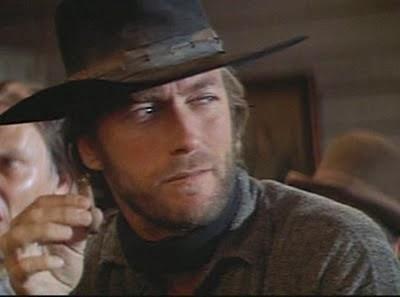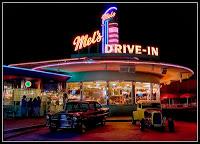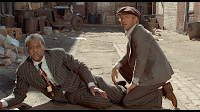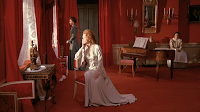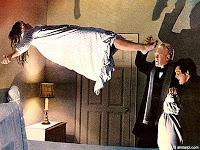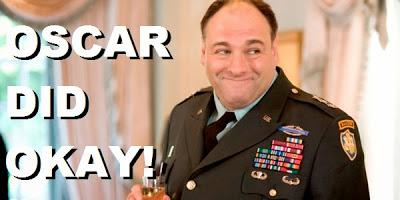This is a case where I’d love to swap out a single film for one that wasn’t nominated. I genuinely like four of the films nominated and think the directors in question did excellent work. There are some notable films and deserving directors who weren’t nominated, of course, and while a few of these never had a real chance, in a perfect world they would have. First of these is Franklin J. Schaffner for Papillon, which managed a nomination only for music and should have had more representation at the Oscars. Federico Fellini, not one of my favorites, nonetheless could’ve easily gotten some love for Amarcord. I could also argue nominating Sidney Lumet for Serpico. Future winners Clint Eastwood (High Plains Drifter) and Woody Allen (Sleeper) weren’t being taken seriously enough at this point. Finally, I know it would never happen, but I’d have loved to have seen a nomination for Robin Hardy for The Wicker Man.
Weeding through the Nominees
5: First off, screw Bertolucci and
Last Tango in Paris. I freely admit that I hated this film with a passion and that certainly clouds my judgment, but I don’t understand the nomination here beyond the fact that this was a film that got a lot of press and was probably edgy in 1973. As far as I’m concerned, the main thing that Bertolucci did right here was not actually show us Brando’s pucker, and while he deserves our thanks for this, I’m not sure he deserved a nomination for Best Director.
My Choices
4: Now is when things get difficult, and it’s one of the reasons I’m comfortable with not being a member of the Academy. I’d be happy with any of the other four winning. Of the four remaining, George Lucas and
American Graffiti is probably the least ambitious, which is the only reason it’s going here. It’s a beautifully directed film with multiple converging stories, but it never gets confusing or difficult. Lucas coaxed some great performances out of his young cast, and whatever the love-hate relationship he has with the
Star Wars fanboys today, he did an excellent job here.
3:
The Sting is a film without any serious flaws but one—the story is a giant con game that doesn’t amount to much. That’s not George Roy Hill’s fault. In terms of the direction, I can’t find anything I’d have changed much. Hill was helped by having two leading men who had great on-screen chemistry, but
The Sting managed to enhance that chemistry. It’s also a complicated story that Hill unfolds at a perfect pace and with tremendously good work behind the camera. It’s great all the way through.
2: It seems strange to me not to put Ingmar Bergman first on the list, especially considering that he is one of the world’s greatest directors and
Cries and Whispers is arguably his greatest film. I guess the only reason I didn’t put this in the top position is that I’m not sure I fully understand everything he was trying to say here. This is an incredibly dense film that takes multiple viewings (at least for me) to fully mine, and I’m not yet all the way there with it. After a couple more viewings, it might well bump to the top position. It’s probably greater than I understand.
1: This leaves us with William Friedkin and
The Exorcist, which is where I think I ultimately would have placed my vote. If for no other reason, Friedkin deserved a nomination just for bringing this to the screen and scaring the wet blueberries out of virtually everyone. But it’s more than that--
The Exorcist taps into real visceral places in the human psyche. There’s not a single wasted shot, and the shots we get are designed not only to tell the story but to make the entire experience as terrifying as possible.
Final Analysis
